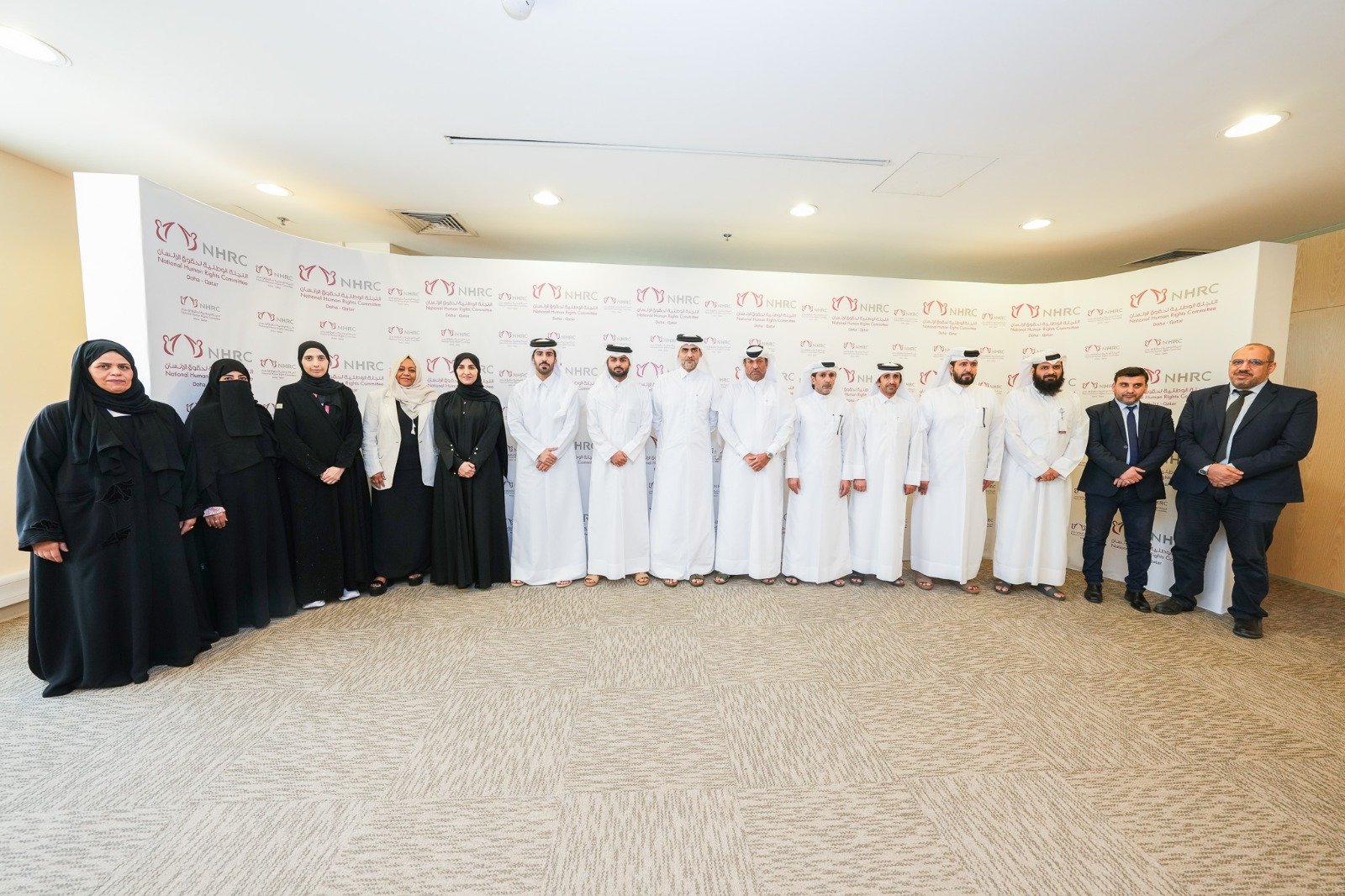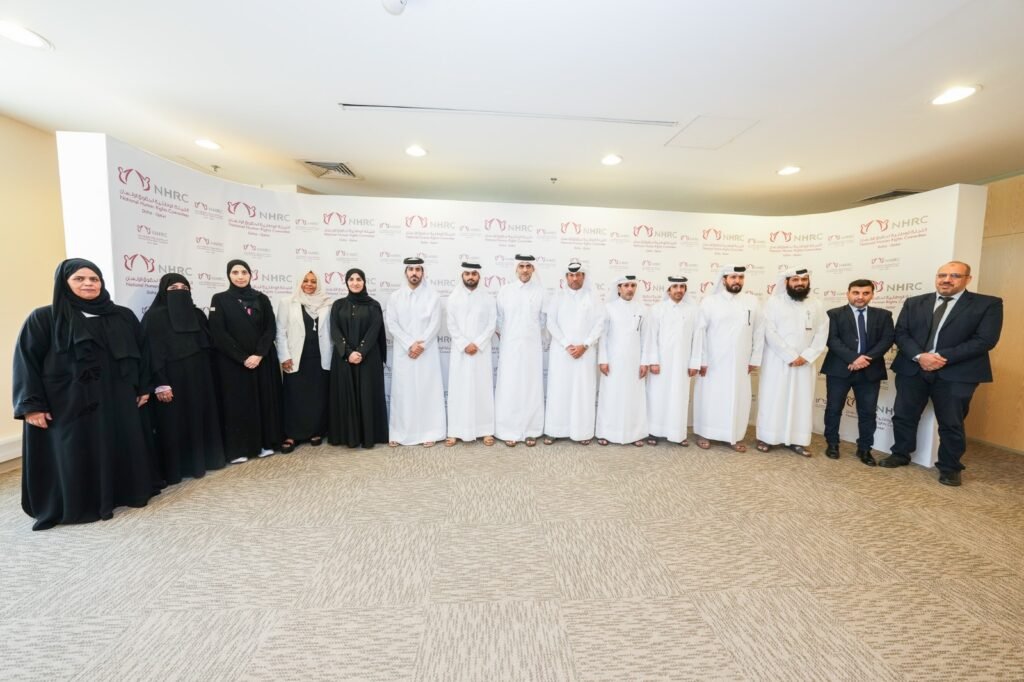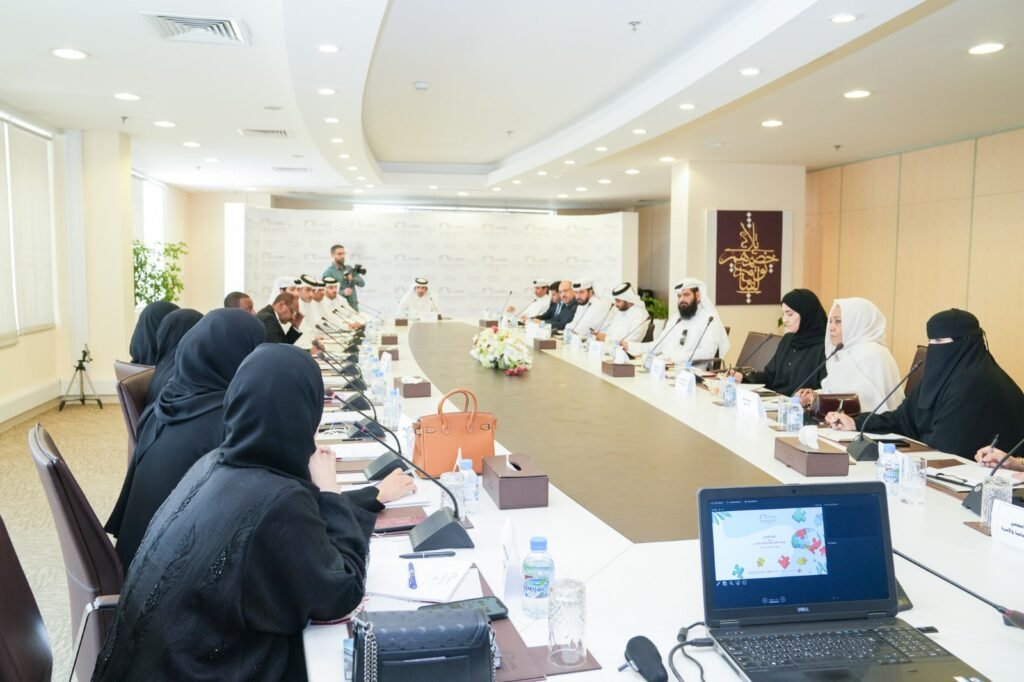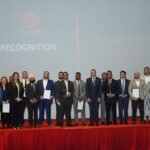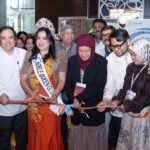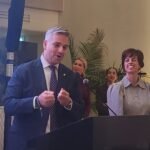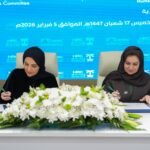Held at NHRC headquarters, the session saw the active participation of representatives from the Supreme Judiciary Council, the Ministries of Interior, Education and Higher Education, Social Development and Family, and Public Health, alongside the Public Prosecution and several parents of children with autism and cerebral palsy.
Opening the session, Nasser Marzouq Al-Marri, Director of Legal Affairs at the NHRC, extended sincere appreciation to the parents in attendance, acknowledging their unwavering dedication and advocacy. He emphasized that their involvement reflects both unconditional love and a steadfast belief in their children's potential despite the many obstacles they face.
Al-Marri also recognized the efforts of participating governmental bodies, stressing the need to move from symbolic gestures to practical, results-driven actions that empower individuals and families affected by disabilities.
Abdulrahman Al-Hashemi, Head of Legislation, Studies, and Legal Research at the NHRC, noted that the dialogue tackled one of the most pressing and sensitive humanitarian issues and aimed to develop evidence-based solutions rooted in both expert input and global best practices. He reiterated that the initiative aligns with the NHRC’s 2024–2030 Strategic Plan, which prioritizes inclusive dialogue and multi-sectoral cooperation.
Several key recommendations emerged from the discussions. Among them was the proposal to establish two new institutions: an Educational Security Authority and an Education and Public Prosecution Office. These bodies would work to ensure a safe, inclusive, and legally supportive educational environment, encompassing physical, intellectual, and emotional safety for students with disabilities.
Participants also emphasized the need to enhance support for individuals with disabilities over the age of 21, a demographic that often lacks access to continued rehabilitation services. Recommendations included the creation of specialized government centers offering vocational training, occupational therapy, and physiotherapy aligned with international standards.
Pending the development of such facilities, it was proposed that interim programs be introduced at Shafallah Center. These would include rehabilitation and vocational training services tailored for individuals over 21. To strengthen service delivery, a strategic partnership between the Shafallah Center and private institutions was also recommended, allowing for shared expertise and ongoing staff development through regular visits from private-sector professionals.
To improve affordability, participants advocated for educational vouchers to support families in covering costs associated with private rehabilitation services.
Additional proposals included the development of a national autism guideline, the activation of a dedicated hotline for complaints and psychological support, and the launch of targeted awareness campaigns.
These campaigns would promote the importance of continued rehabilitation and highlight success stories, aiming to encourage social inclusion and shift public perception.

